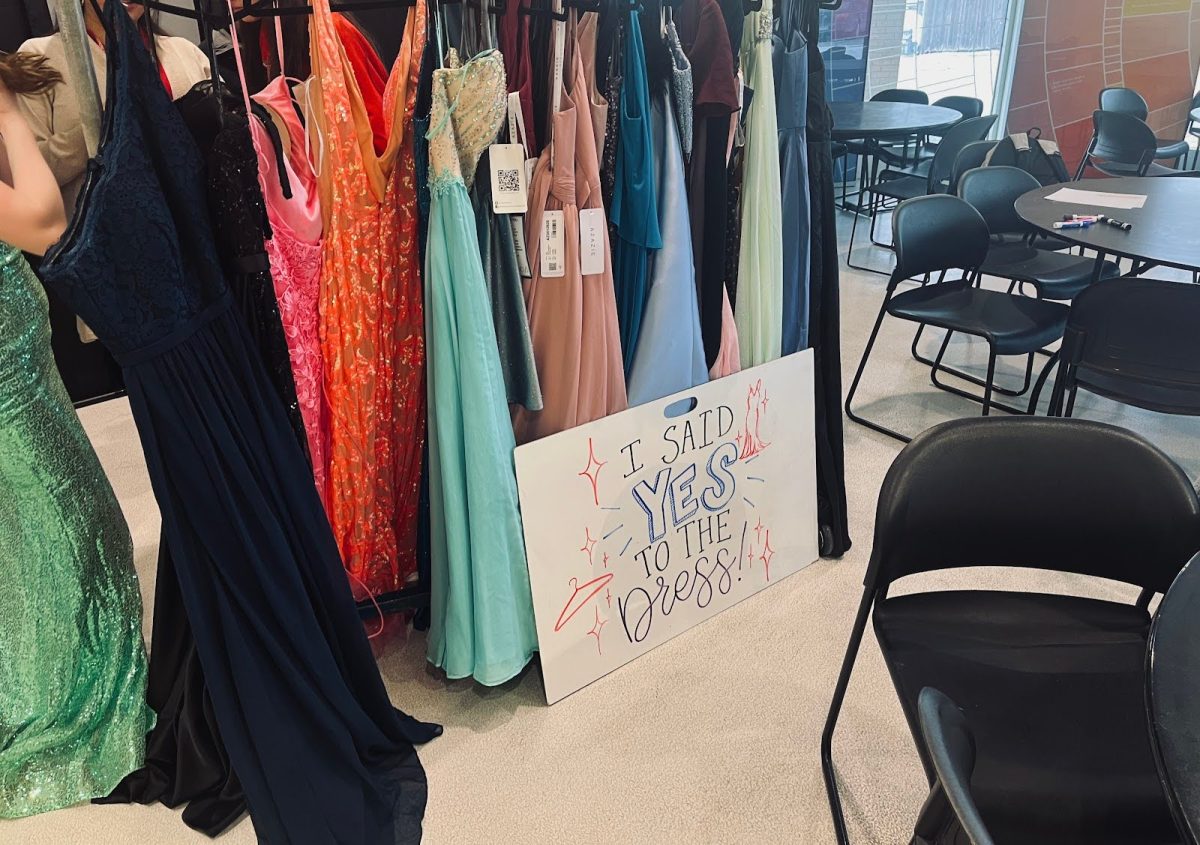Many believe money is the key to happiness, while others argue that true happiness comes from within. The age-old debate about whether money can buy happiness remains relevant in today’s society. I believe money can indeed buy happiness to a certain degree.
Historically, the concept of money buying happiness has been widely debated. Throughout the ages, philosophers, psychologists, and economists have all considered it. One key person in this debate is economist Richard Easterlin, who introduced the Easterlin Paradox. This paradox suggests that while economic growth may lead to increased happiness levels, individual happiness remains relatively constant despite pay increases. This theory challenges the concept that money can lead to happiness.
On the other hand, well-known psychologist Abraham Maslow introduced the ranking of needs, which includes a level of self-fulfillment that can only be reached once basic needs, such as financial security, are met. Maslow’s theory implies that money is an essential component of achieving happiness, as it allows individuals to fulfill their basic needs and pursue higher levels of self-gratification and happiness.
“It’s so important because it provides for our needs. Without money, we wouldn’t have clothes, and without money, we wouldn’t have an education or food,” said Marist freshman Aliyah Glass.
In recent years, the impact of money on happiness has become more noticeable due to the rise of income inequality and greed in society. Studies have shown that individuals in countries with higher income inequality tend to report lower levels of happiness and well-being. This suggests that seeking money and material possessions may not always lead to long-term happiness, as social factors significantly shape individual happiness levels.
“Where would we be if everything was free?” said my friend Leena Shoman.
Furthermore, influential individuals such as self-help teachers and motivational speakers have taken advantage of the idea that money can buy happiness. They often promote that financial success and quantity are crucial to achieving happiness and fulfillment. While there may be some truth to this belief, it is essential to recognize the limitations of correlating money with joy.
From a positive perspective, having financial resources can provide individuals access to education, healthcare, and other opportunities to improve their overall well-being. Money can also allow individuals to travel, experience new things, and create lasting memories with loved ones. In this sense, money can indeed contribute to happiness by providing a sense of security and freedom.
“If you’re anxious about your survival, that’s not happy. If you know you are taken care of and handled, that is going to create more happiness,” said Shoman.
However, the quest for money can also have negative consequences on one’s mental health and relationships. Studies have shown that individuals who place a strong priority on material wealth are more likely to experience anxiety, depression, and feelings of isolation. The pressure to keep up with societal expectations and maintain a certain standard of living can lead to stress and discontentment, ultimately damaging one’s happiness.
“Real happiness that lasts for years comes from family and friends and spending time with loved ones and enjoying the time you have, but the money you get from it doesn’t last long,” said Glass.
While money can contribute to happiness, it is not the only way to well-being. True happiness comes from fulfilling relationships, personal growth, and a sense of purpose in life. It is essential to balance financial success and other aspects of life that bring joy and fulfillment. As society continues to wrestle with the complexities of money and happiness, it is crucial to prioritize mental and emotional well-being above material wealth.



























